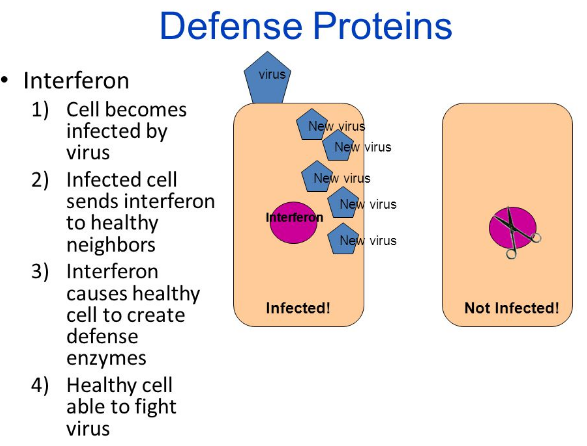The researchers analysed thousands of genes in T cells, critical players of the immune system required for control of HBV. They found that T cells from patients who were chronically infected were triggered to ‘commit suicide’. This could be an important factor in determining why these patients’ immune systems cannot fight the infection, and a process which could be a useful target for new treatments. Their findings are published today in the Journal of Clinical Investigation.
.png)
Hepatitis B virus (HBV) is one of the most common viruses in the world, and ranks as one of the top ten killer infectious diseases. More than 350 million people have long-term infection with HBV, which may lead to liver cirrhosis, liver failure or liver cancer. In the majority of adults infected, the immune system is able to control the virus very well and is, in fact, more effective than any currently available treatment. Understanding what goes wrong in people with chronic infection is crucial to the development of new therapies.
Lead author, Dr Mala Maini, UCL Division of Infection & Immunity, said: “We used microarray gene chips to screen more than 5,000 genes in T cells from both recovered and chronically infected Hepatitis B patients. This led to the discovery that, instead of successfully reacting to the virus, the T cells in the latter group were triggered to commit suicide by one of the cells’ own death-inducing proteins, called ‘Bim’. We are now looking into the fine mechanism driving this outcome.”
.png)
The paper’s first author, Ross Lopes, added: “If we can develop safe ways of blocking the suicidal tendency of the T cells, we may be able to prolong their survival, so they can do a better job of controlling Hepatitis B infection.”
.png)
The proportion of the world's population currently infected with HBV is estimated at between 3 and 6 per cent, but up to a third have been exposed. It is endemic in parts of Asia and Africa. Chronic Hepatitis B may eventually cause liver cirrhosis and liver cancer, a fatal disease with very poor response to current treatments. The infection is preventable by vaccination at a young age.

Source: University College London
https://www.sciencedaily.com/releases/2008/04/080408175224.htm
.png)
.png)
.png)